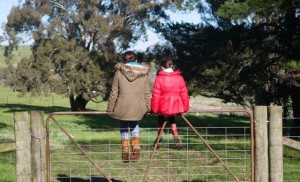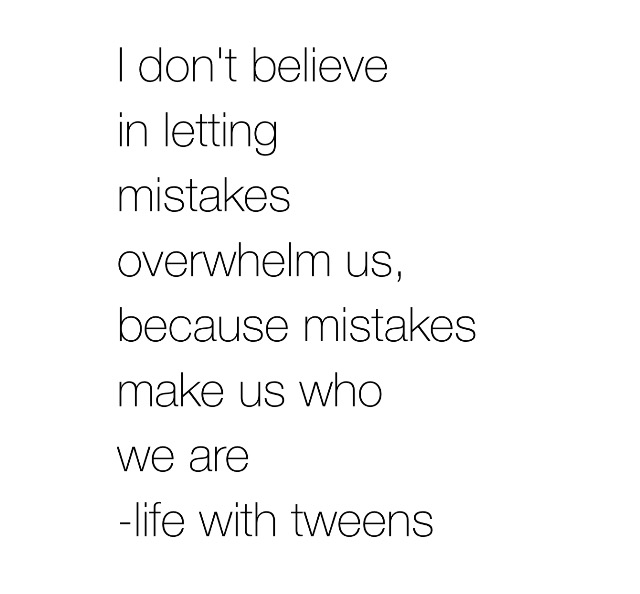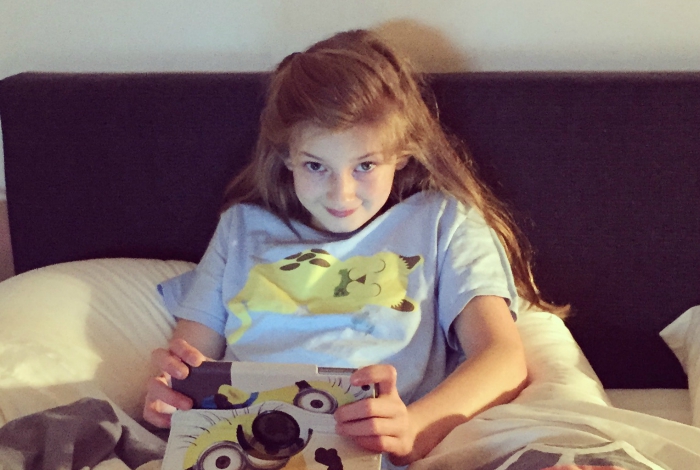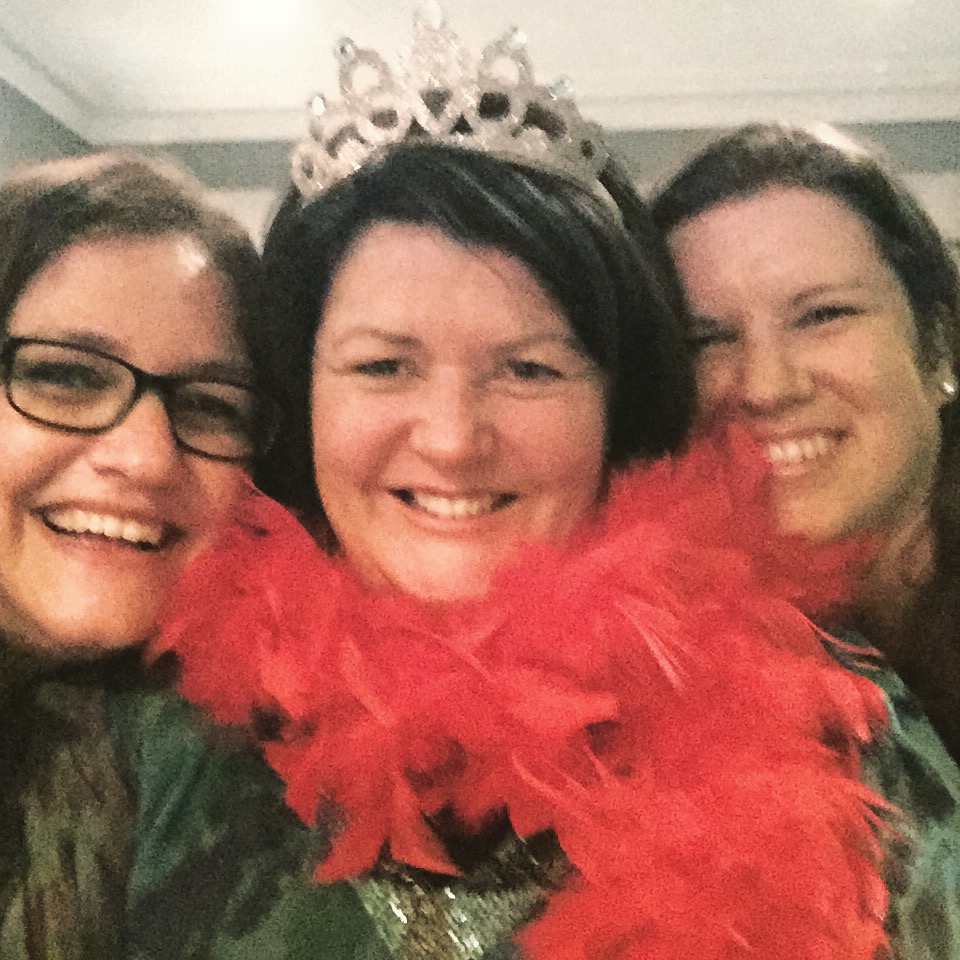Do you remember where you were when Princess Diana died? When humans first landed on the moon? What you were doing on 9/11? Chances are you can recall exactly and in some detail. And if you are a woman, I guarantee you also remember every circumstance of your menarche*.
A girl’s first period is a huge event, both physically and emotionally. It is a key developmental milestone, most likely to occur anywhere between the ages of 9-16. Some girls may remember it as truly awful, but I wager with an accompanying feeling of subdued excitement as they realize they have suddenly become a young woman. It can also be bewildering if they haven’t been given the opportunity to discuss, with a trusted adult, the physical, emotional and spiritual aspects of menstruation well before it actually occurs.
I had only just turned 10 when I had my first period. I remember clearly that it was a beautiful day and I was with my sisters exploring the creek that ran through the back of my grandparents’ garden. Then, all of a sudden there was blood. I thought I’d cut my leg and rather badly. I raced to my Grandma who went to the hall cupboard and returned clutching a packet of “Dr White’s Panty Pads”. She was as proud as punch that I was with her to experience, as she put it, “my commencement into womanhood”. Me? I was terrified and secretly proud in equal measure. Although, I had to wait to get back to my mother to have her explain in detail what had just happened to me, and why.
My Tween daughter and I talk regularly about menstruation and our relationship (and her maturity) has been enriched as a result. It’s witnessed mainly through our conversations about life, the future, relationships and her ambitions. It’s secret women’s business at its best. We’ve lain out in the paddocks at our farm looking at the moon and stars and considered menstruation and spirituality; a topic not often discussed nowadays. We’ve chatted about how menstruation may have led to an understanding of time as most early calendars were based on the length of a women’s menstrual cycle. Scholars have suggested that menstruation is linked to the cycle of the moon and that a woman’s ovulation and subsequent period are tied to its waxing and waning and also affected by moonlight. Now, with ambient lighting from our urban environments, it’s further suggested that a woman’s cycle is ‘confused’ and not as likely to ‘sync’ with the light of the moon. As a result, it would appear that women no longer ‘bleed together’ as they did in the past.
Cat Stone of the Natural Shaman website believes that senses are heightened when a woman menstruates. “Sensitivity to sound, smell and light would allow a woman to become more aware. The natural tendency to withdraw at this time of the month, allows a woman to become quiet, in tune and open to listen and feel.
“Historically, menstruation could sometimes lead to great insights for the rest of the community.
Answers were found and decisions were made based on the women’s insights during menstruation. Women were honoured and respected. Their bodies naturally went through a cycle of death and rebirth every month in sync with the Moon. They obtained an altered state every month, without even trying. Women bled, but did not die. Women could provide sacrificial blood, without anything having to lose life. Blood, life force, ancestral power… Women held it all within their cycles.” Fascinating stuff.
There are a few things you can do to help your daughter understand and manage her first period:
- Firstly, it is really important to remind her that there is nothing ‘weird or disgusting’ about menstruation. It is a totally normal (and inescapable) part of being female. If anyone tries to tell her otherwise she should walk away and give them a withering look as she does so.
- During your discussions, try and make her feel strong and empowered, rather than embarrassed about the fact that she will menstruate. Research shows that during puberty a girl’s confidence takes a nosedive. The commencement of menstruation can compound feelings of anxiety if not managed properly.
- Encourage your daughter to talk about periods with her Dad. Father’s offer a different perspective and can do much to reassure her that males understand and respect menstruation.
- But be honest too. It’s not much fun. Sometimes the emotional shifts can be frustrating (for the entire family) and the physical side of it is just plain boring.
- If she has siblings, find some time to chat to them privately about what has happened and ask them to respect her changed circumstance.
- Talking about your own menarche and how you managed it can be tremendously reassuring to your daughter.
- Talk to her about the facts of menstruation. Explain what a period is, how often it will come, how often it will occur and last, whether it will hurt, how much blood there will be, why it happens, how to use pads and tampons (and which she should use first). There are many websites that offer easy to understand information if she would rather read about it in her own time.
- If she doesn’t want to talk to you about it, try and find a trusted adult in her life that can start the conversation.
- Talk about the things that she can and can’t do when she has her first period, such as swimming etc. However, be sure to reassure her that her period won’t limit her in anyway.
- Encourage her to start carrying a few pads and panty-liners with her. They can easily be popped into a school bag, pencil case, school locker or handbag.
- Once she starts menstruating, encourage her to start a calendar or diary so she knows when to expect her next period and can prepare ahead.
- If she experiences period pain suggest that she eat slightly smaller meals (to reduce tummy swelling), rest more, use a hot water bottle, drink warm drinks and only take light exercise.
- Explain some of the common symptoms of a period such as a sore tummy, increased pimples, sore and/or lumpy breasts and increased oil production in the sebaceous glands and occasionally, diarrhoea.
- After menarche it is crucial to discuss the implications of sexual activity. Whilst it is unlikely ovulation will occur for the first year or so, once it does she will be highly fertile.
- Together, consider doing some research on menstruation. There are some interesting, quirky and funny facts about periods freely available across the web#. For example, did you know:
- Walt Disney made a movie about menstruation entitled “The Story of Menstruation” in 1946. It is most likely the first film to use the word vagina.
- An entire menstrual period usually releases less than half a cup of blood.
- The term “period” dates from 1822 and means an “interval of time” or a “repeated cycle of events”.
- Menstrual blood was thought to cure warts, birthmarks, gout, goiters, hemorrhoids, epilepsy, worms, leprosy, and headaches. It was also used in love charms, could ward off demons, and was occasionally used as an offering to a God.
*(The word menarche derives from the Greek word men = month + arkhe = beginning).
# http://facts.randomhistory.com/random-facts-about-menstruation.html
Caro Webster







